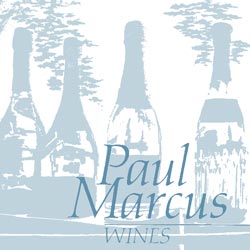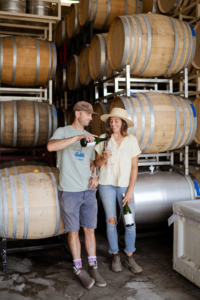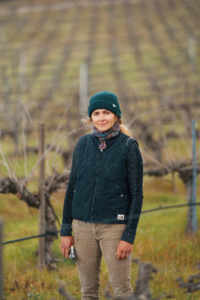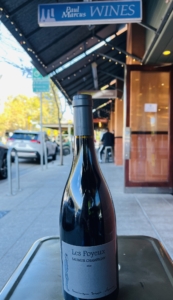 If you’re a devotee of cabernet franc, chances are you’re quite familiar with Les Poyeux. This esteemed vineyard, located within the Saumur-Champigny appellation in the central Loire Valley, boasts a unique terroir highlighted by sun-drenched southern exposure and exceptionally sandy soil composition. The resulting wines are loaded with character and complexity, and the best of them offer a truly spellbinding combination of depth and freshness, of gravity and liveliness.
If you’re a devotee of cabernet franc, chances are you’re quite familiar with Les Poyeux. This esteemed vineyard, located within the Saumur-Champigny appellation in the central Loire Valley, boasts a unique terroir highlighted by sun-drenched southern exposure and exceptionally sandy soil composition. The resulting wines are loaded with character and complexity, and the best of them offer a truly spellbinding combination of depth and freshness, of gravity and liveliness.
Dominique Joseph, of Domaine Le Petit Saint Vincent, works with less than a hectare of organically farmed old vines in Les Poyeux. (His family has owned these small parcels for decades.) The grapes are de-stemmed and fermented in concrete vats before resting in larger neutral barrels for about a year.
Dominique’s 2020 Les Poyeux is a wonderful example of the site’s capabilities. There’s a wave of dusky red fruit on the attack, and it’s buttressed by a distinct herbaceous streak and a notable hint of stony minerality. The ample acidity and abundant tannins (naturally softened by the sandy terroir) tell you that this wine will age gracefully for several years, although it’s already a knockout–and at $50, it’s quite a fair deal for a wine that comes from one of the Loire Valley’s most prestigious vineyards.
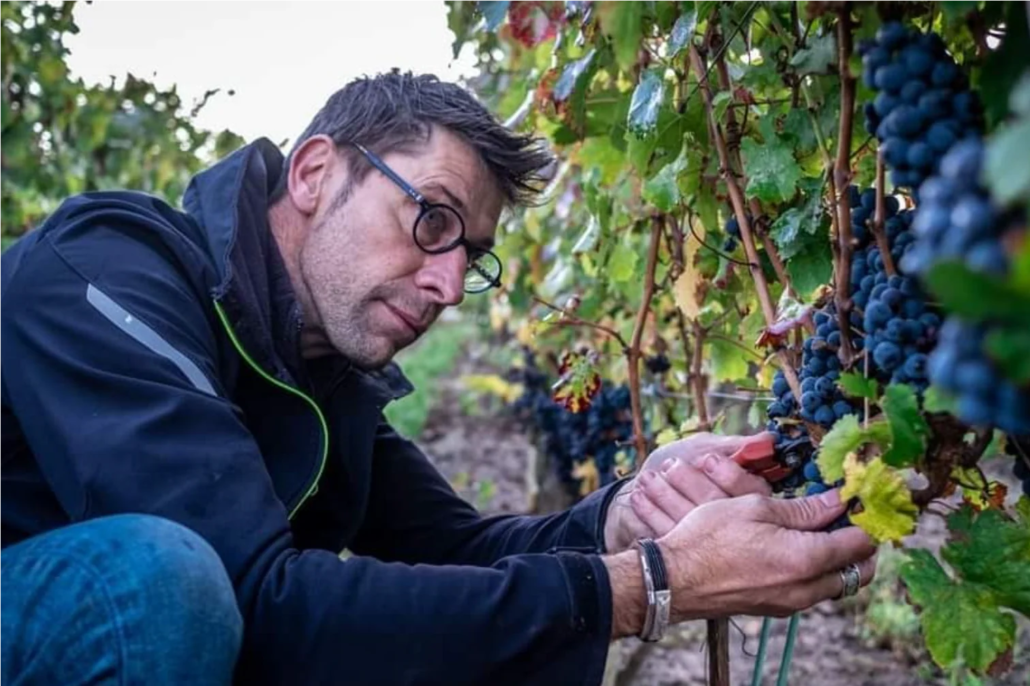
Dominique Joseph
Thanks largely to world-class bottlings by cult-favorite producer Clos Rougeard (and various disciples), Les Poyeux has been elevated to legendary status among cab franc lovers. This version from Le Petit Saint Vincent offers a chance to appreciate its charms without the hefty price tag that is often attached to these wines.
As the saying goes, “Les Poyeux c’est soyeux”–silky. Come visit the shop, and find out for yourself.
